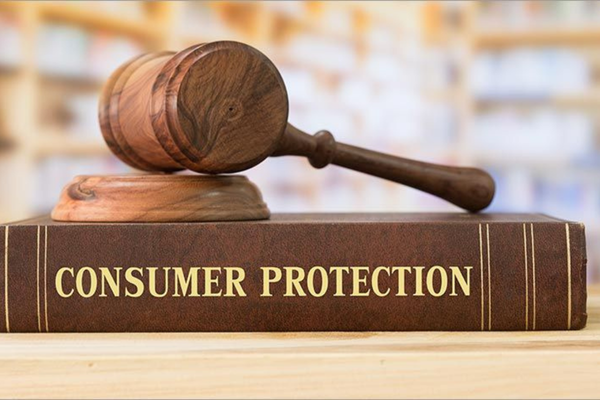The Supreme Court ruled that advocates cannot be held liable under the Consumer Protection Act of 1986 for deficiency in service.
- Indian Medical Association vs V P Shantha (1996): SC ruled that the definition of ‘services’ under the Consumer Protection Act, 1986 included the medical and healthcare sectors, provided a fee was paid.

About Consumer Protection Act (CPA) 2019:
- The CPA 2019 replaced the CPA 1986 to address modern consumer issues in the digital age.
- Its objective is to provide effective safeguards to consumers against defective products, unsatisfactory services, and unfair trade practices.
- The Act established the Central Consumer Protection Authority (CCPA) to regulate matters relating to consumer rights violations, unfair trade practices, and misleading advertisements.
- Consumer Disputes Redressal Commissions (CDRCs) are set up at the national, state, and district levels to handle consumer complaints.
Key Features of CPA 2019:
- Broad Definition of Consumer: The definition includes transactions through online and offline modes, teleshopping, direct selling, and multi-level marketing.
- Product Liability: Manufacturers and service providers are responsible for compensating consumers for any harm caused by defective products or deficient services.
- Unfair Trade Practices: Expanded to include non-issuance of bills/receipts, refusal to accept returned goods within 30 days, and disclosure of personal information.
- E-Commerce Regulation: Specific provisions are included to regulate e-commerce and direct selling.
- CCPA Powers: The authority can take suo-moto actions, recall products, order reimbursements, cancel licenses, impose penalties, and file class-action suits.
- Mediation: Provision for mediation cells at national, state, and district levels to resolve disputes amicably.
- Enhanced Jurisdiction: Increased pecuniary jurisdiction for district, state, and national commissions to reduce the workload on higher commissions.
- Penalties for Misleading Advertisements: Penalties of up to INR 5 million for endorsers not exercising due diligence before endorsing products.
6 Consumer Rights under CPA 2019:
- Right to Safety: Protection against goods and services hazardous to life and property.
- Right to be Informed: Information about the quality, quantity, potency, purity, standard, and price of goods or services.
- Right to Choose: Access to a variety of goods and services at competitive prices.
- Right to be Heard: Representation of consumer interests in appropriate forums.
- Right to Redressal: Redress against unfair trade practices, restrictive trade practices, or unscrupulous exploitation.
- Right to Consumer Education: Knowledge about consumer rights and responsibilities to make informed choices.
Ref: Source
| UPSC IAS Preparation Resources | |
| Current Affairs Analysis | Topperspedia |
| GS Shots | Simply Explained |
| Daily Flash Cards | Daily Quiz |

